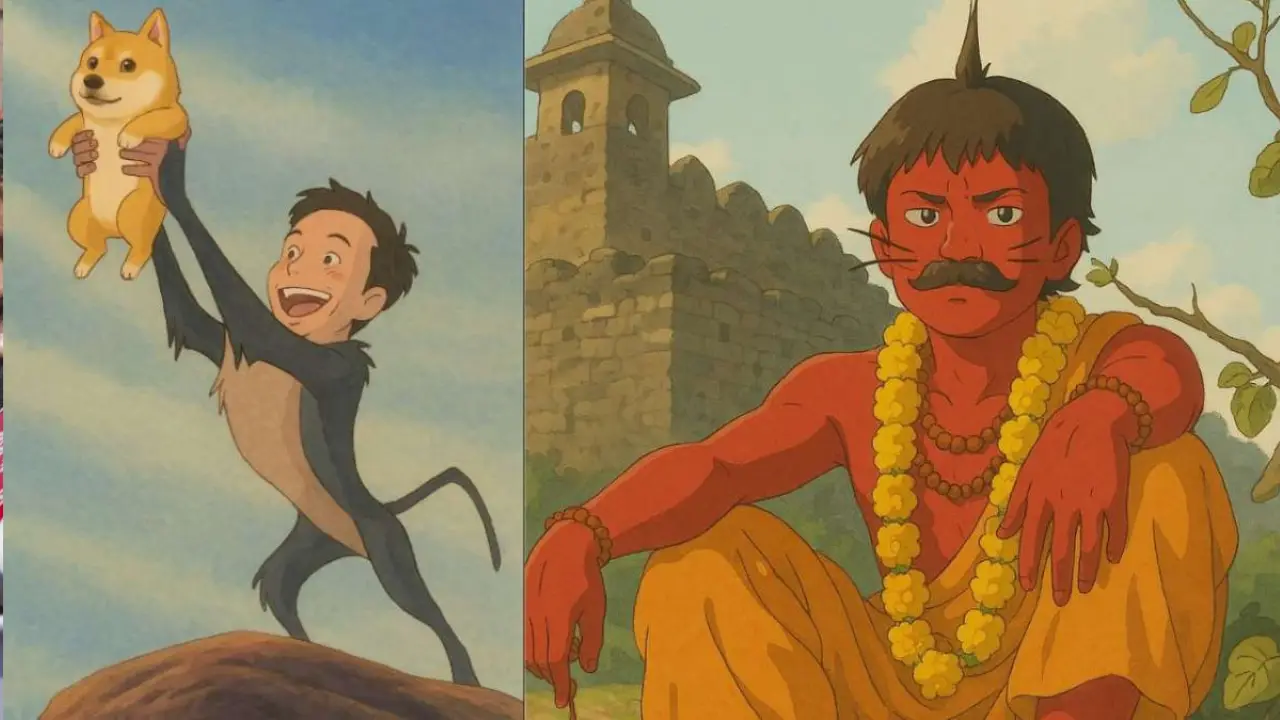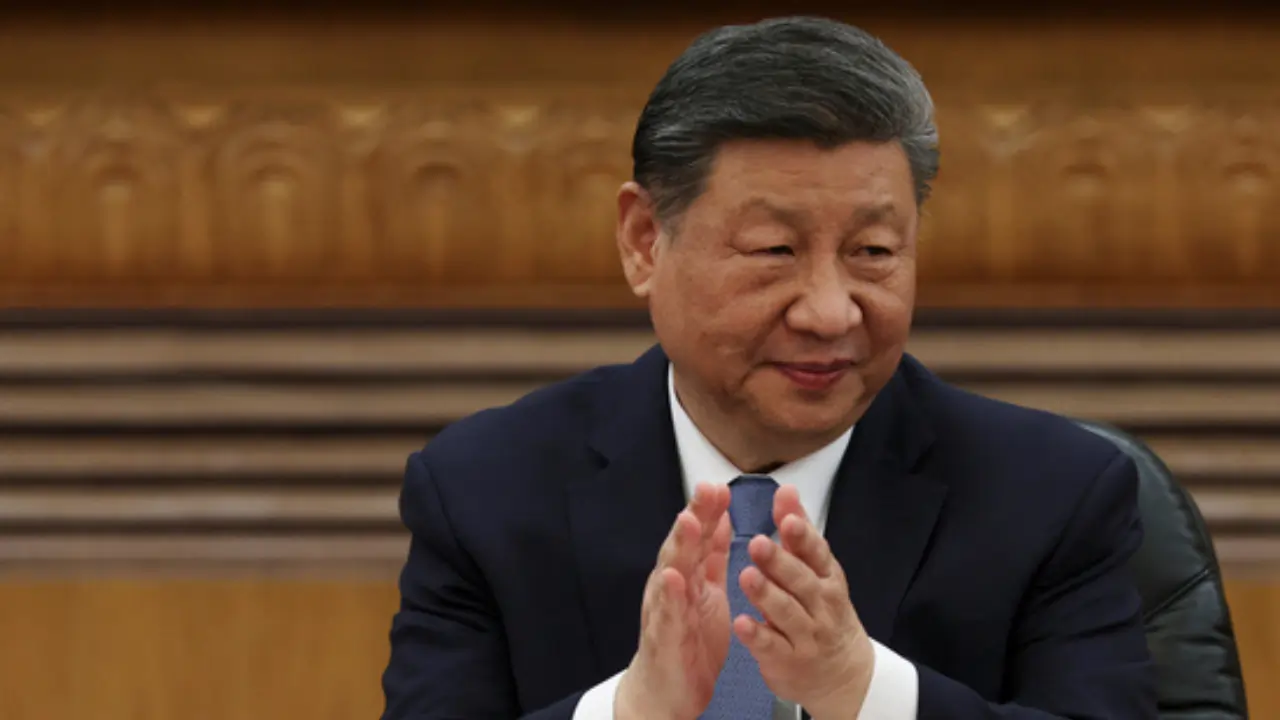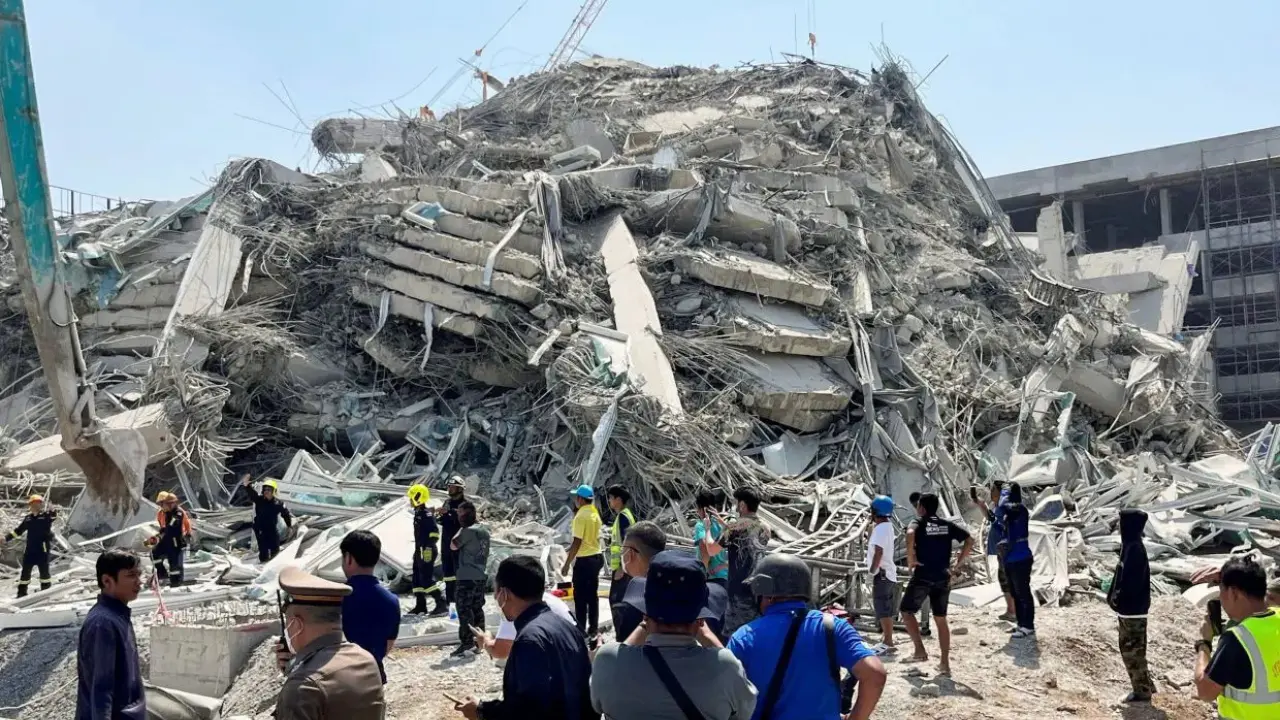In recent days, the digital realm has been aflame with a new trend. Apparently, the users are taking advantage of OpenAI’s ChatGPT. In order to convert personal photos and viral meme images into building blocks that resemble the style of Studio Ghibli.
Evidently, this led to a lot of traffic, causing slowdowns and access issues, unprecedented in volume, for the website. Many people enjoyed this feature. However, some thought it consumed online spaces filled with grief about copyright infringement and the ethics of AI-generated artwork.
The Popularity of Ghibli Style Art
Studio Ghibli, founded in 1985 by Hayao Miyazaki, Isao Takahata, and Toshio Suzuki is best known for hand-drawn animation and deeply emotional storytelling. Some of their most famous films, Spirited Away, My Neighbor Totoro, and Princess Mononoke have been awarded international acclaim for their artistic style.
As a matter of fact, OpenAI recently released an update to ChatGPT that allows for users to generate images that imitate the unique Ghibli aesthetic. This occurs when users upload their own photograph and request the image to be converted to appear “Ghibli-style,”. Subsequently, they immediately receive a rendering that resembles that artform.
Clearly, the update became viral quickly as social media sites became flooded with AI-generated art appearing in the signature Studio Ghibli style.
Server Overload and Access Limitations
This feature’s immense popularity seems to have led to OpenAI experiencing server strain. This phenomenon is likely to be one of the largest and most successful AI uses. To cope with the increased demand and maintain system reliability, OpenAI implemented “temporary rate limits.”
Moreover, free-tier users were limited to a maximum of three images per day. While paid users enjoyed comparatively unlimited access under additional ChatGPT Plus, Pro, Team, and other tiers.
This prompted some users to express their frustration to OpenAI. Allegedly, exposing the reality that tech companies must often balance accessibility with what infrastructure could realistically allow.
Ethical Concerns and Copyright Disputes
In addition to the technical problems to be had, this trend has raised serious ethics and legal issues. A number of artists and creatives have expressed concern around the idea that AI models were trained on copyrighted works without their permission or knowledge.
Hayao Miyazaki, one of the co-founders of Studio Ghibli, is a notable opponent of AI-generated art. In a 2016 interview, upon seeing an animation that was created by AI, Miyazaki said, “I strongly feel that this is an insult to life itself,”. Clearly, he expressed that he wouldn’t consider using AI in his own work.
Critics Argument
The main issue is whether or not AI-generated art is theft of intellectual property. Critics argue that using AI to imitate someone else’s specific style of art. Especially, without their permission is devaluing the original creator’s work.
For example, artist Karla Ortiz specifically called out OpenAI for benefiting from Ghibli’s branding without permission. Henceforth, raising more copyright concerns.


